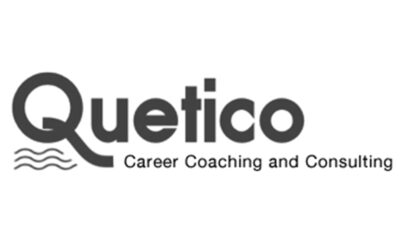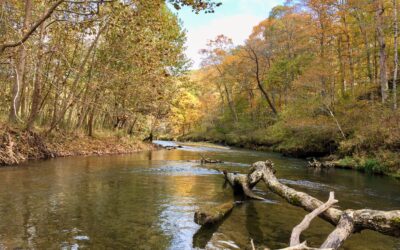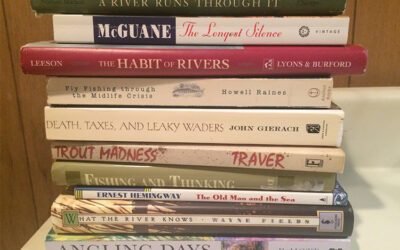My work is rooted in several respected frameworks for human development and learning that support the reflections and questions found in the literature of fly fishing. These frameworks make up the landscape of our work together and help to clarify the questions and goals you wish to pursue through Home Waters Guiding.
Adult Development
A developmental framework studies human thought, emotion, and behavior, and how these change over time, especially during life transitions and disorienting experiences that can disrupt, challenge, and change fundamental assumptions and beliefs. This framework explores how we contribute to the spaces where we work and live, and ultimately, how we become authors of our own life story, rather than an extension of others’ expectations and socially prescribed roles.
Transformative Learning
Transformative learning is a process of critically examining, challenging, and revising our taken-for-granted assumptions and beliefs for the betterment of our own lives, workplaces, communities, and the planet. It addresses how, over time, we move from dualistic, either-or thinking to appreciating ambiguity and uncertainty, and accepting the many contradictions and paradoxes that accompany our lives. A subset of adult development, transformative learning teaches us to act on our own thoughts and feelings rather than those we have uncritically assimilated from others.
Analytic Psychology
Often associated with the insights of C.G. Jung, analytic psychology focuses on the unconscious aspects of experience to pursue a more integrated life that is capable of confronting fears and finding solace in opposites like hope and despair, faith and doubt, separateness and connection. Analytic psychology challenges each individual to live a thoroughly examined life by confronting fears or “shadows,” facing unconscious aspects of experience, and embracing value in seemingly opposite poles such as happiness and despair, light and dark, connection and separation, life and death. Jungian and analytic psychology remind us that things are not what we think they are about, and that what we see is often a compensation for what we don’t. Jungians believe that most of us know our larger purpose from a young age, but that we abandon it over time, and our task is to overcome the obstacles to our true being and purpose.
When one first begins to sort out fly fishing—the exceptionally long rod, the infinitely tangled lines, the algebra of leaders and tippets, the religious balance of the cast, the guesswork of fly selection, the mysticism of reading water—hope is a rock to lean on. How can all of these things, so awkward and inaccessible on their own terms, ever combine to catch something as beautiful and elusive, as wild and invisible as a trout? The best one can do in these situations is to go fishing, to keep casting, to keep hoping.”
-Quinn Grover, Wilderness of Hope: Fly Fishing and Public Lands in the American West



